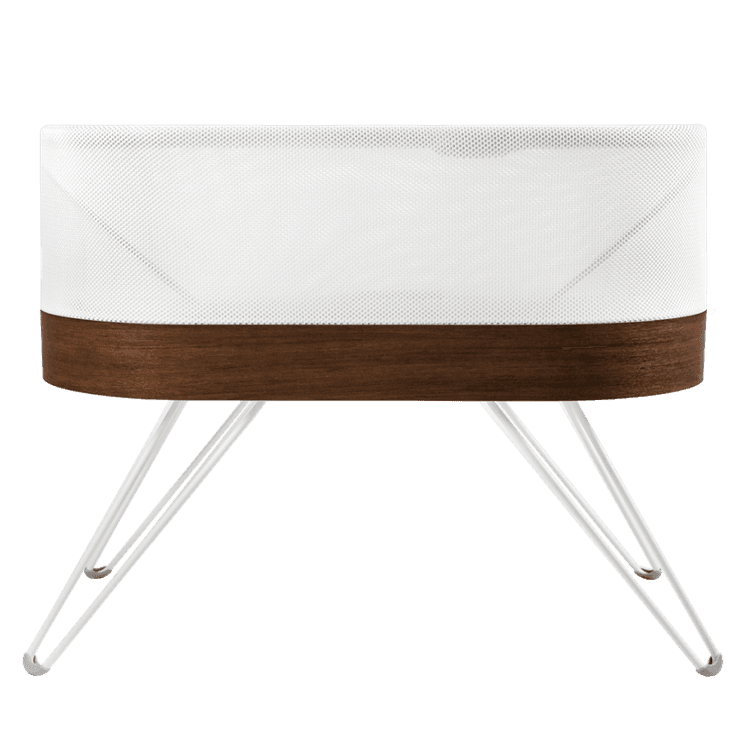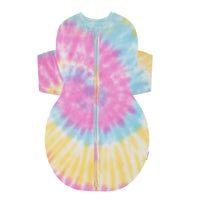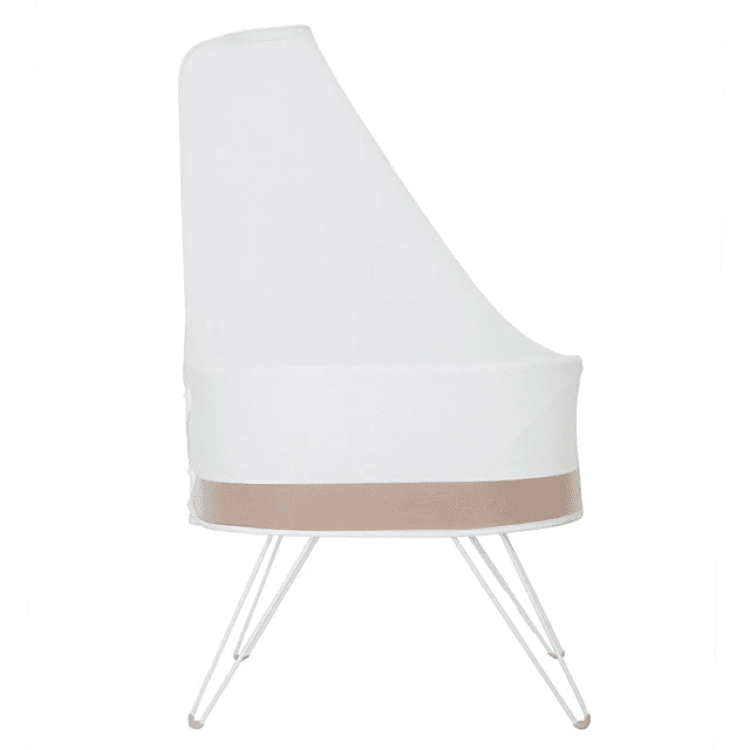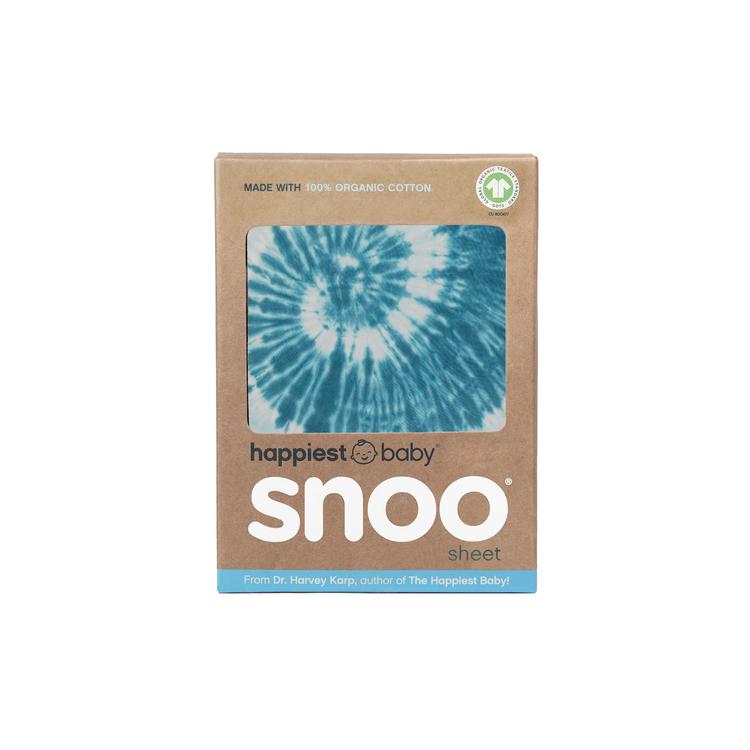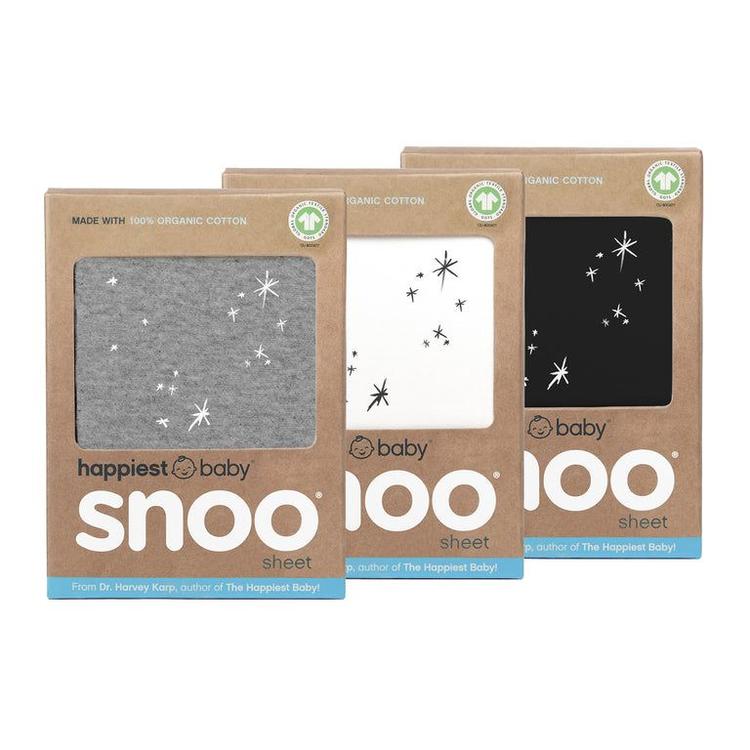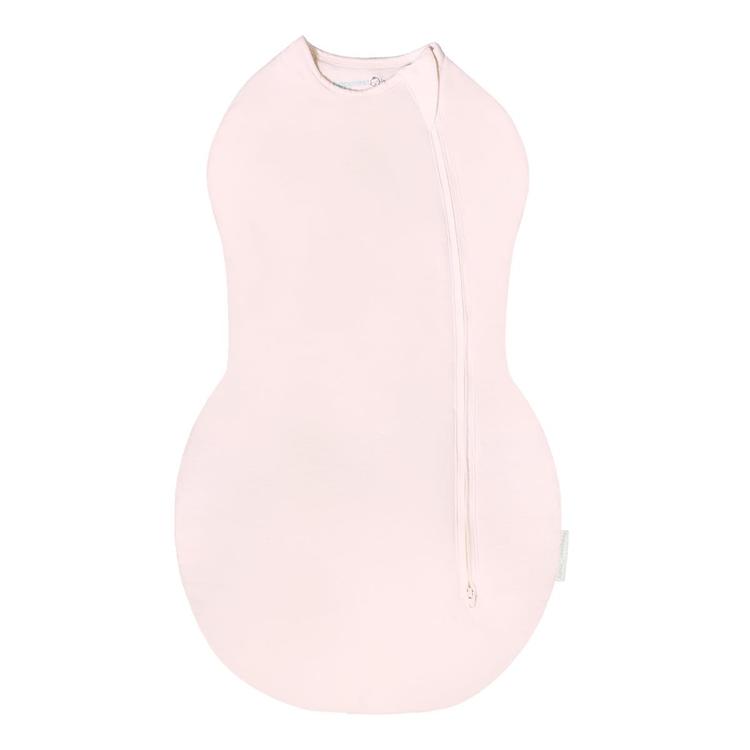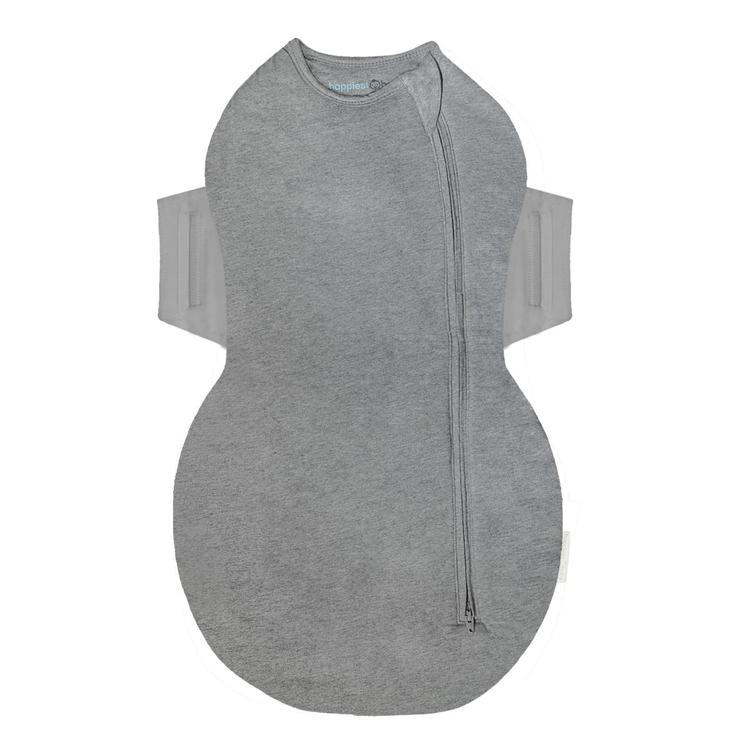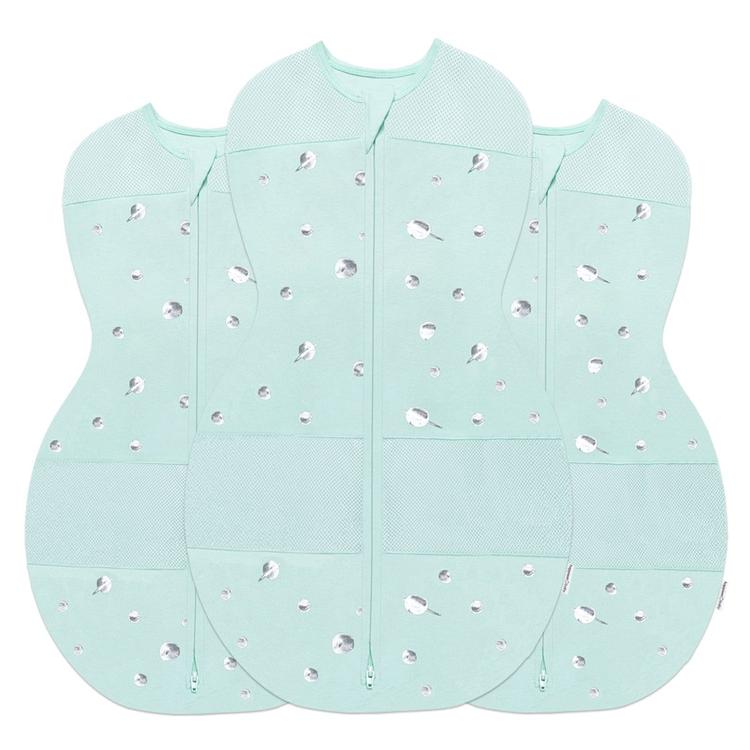PREGNANCY
How Common Is It to Have a Bowel Movement During Delivery?
It might feel embarrassing to ask...but, is pooping while in labor normal? Learn about what to expect.
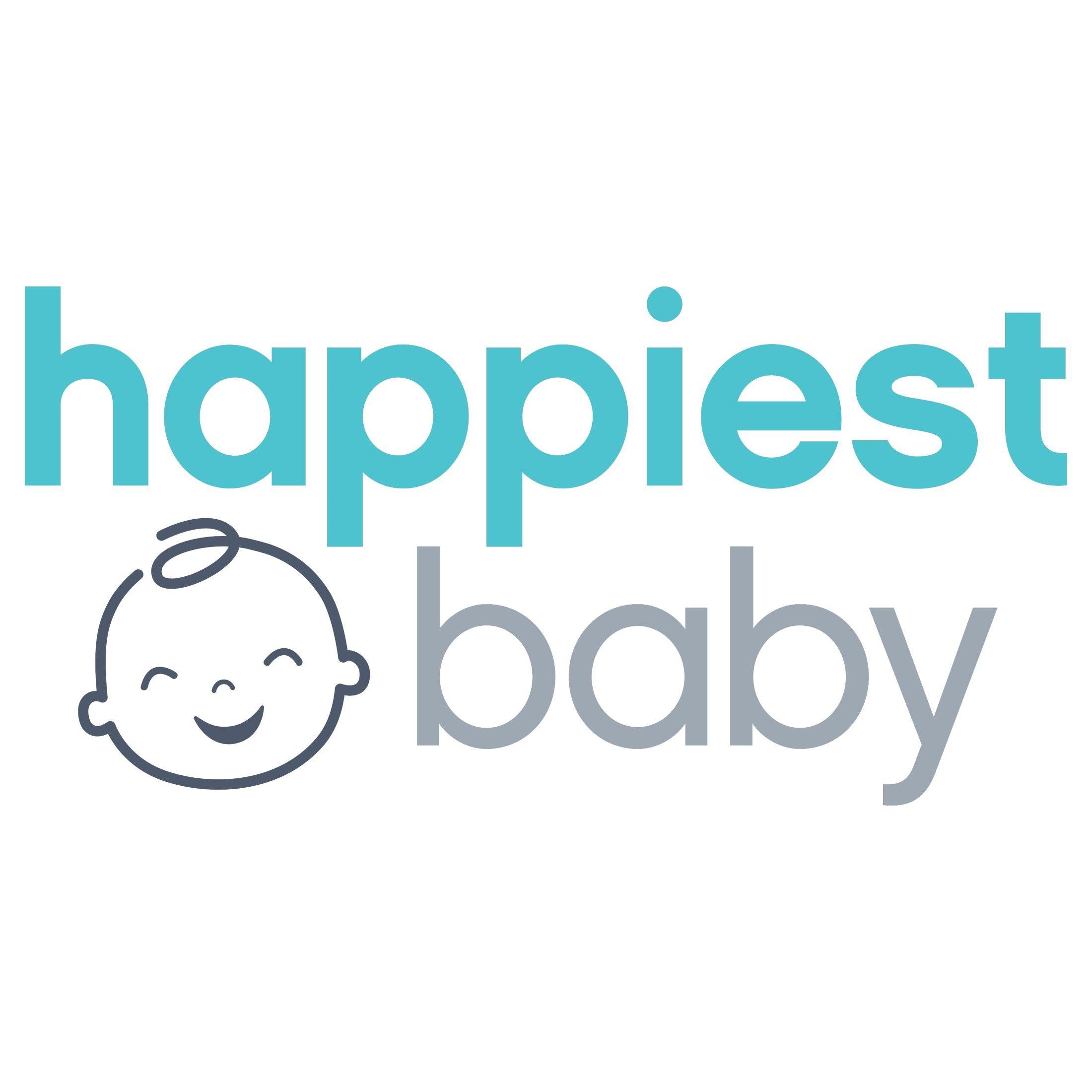
Written by
Happiest Baby Staff

Even though it can feel embarrassing to talk about, it’s not uncommon for moms to poop while they’re in labor! When a mom pushes her baby’s head through the birth canal, it can feel quite like having a big bowel movement…which is why she often may end up having one!
How Common is it to Poop During Labor?
Pooping During Labor
There’s no need to worry, though. Doctors and nurses are ready for it...because it happens all the time. In the whirlwind of chaos that is labor, it won’t even be a notable part of the birth.
If this is something you wish to avoid it’s a good idea to talk to your midwife or OB about options. Ask them what you can do to increase your chances of having a bowel movement in the early stages of labor…so by the time you’re at the pushing stage…you’re all cleaned out!
Your First Postpartum Poop
After delivery, you will want to take a stool softener. Juices like prune or aloe vera are natural laxatives or over the counter medicines like milk of magnesia and Colace are safe for breastfeeding moms. You’ll likely be very sore, and with everything else on your plate, the last thing you’ll want to add is constipation. Once you get home, remember to keep things moving…drink plenty of water and eat a healthy diet full of fruits and vegetables. A fiber supplement may help as well.
Baby's First Poop
Speaking of bowel movements, you’ll want to pay attention to your baby’s as well. If she poops before birth, it may be a sign of fetal distress (you’d notice it if your water breaks and has a black/green discoloration). Or, sometimes during labor, babies become a bit stressed—maybe the cord is getting compressed —and the stress can lead to a bowel movement. This poop is called meconium, a thick, greenish-black sticky tar-like poop. You’ll probably be cleaning meconium out of nappys for the first few days until she flushes it out with all the milk she’s drinking.
Disclaimer: The information on our site is NOT medical advice for any specific person or condition. It is only meant as general information. If you have any medical questions and concerns about your child or yourself, please contact your health provider. Breastmilk is the best source of nutrition for babies. It is important that, in preparation for and during breastfeeding, mothers eat a healthy, balanced diet. Combined breast- and bottle-feeding in the first weeks of life may reduce the supply of a mother's breastmilk and reversing the decision not to breastfeed is difficult. If you do decide to use infant formula, you should follow instructions carefully.
SHARE THIS ARTICLE
PARENT PICKS
Bestsellers






